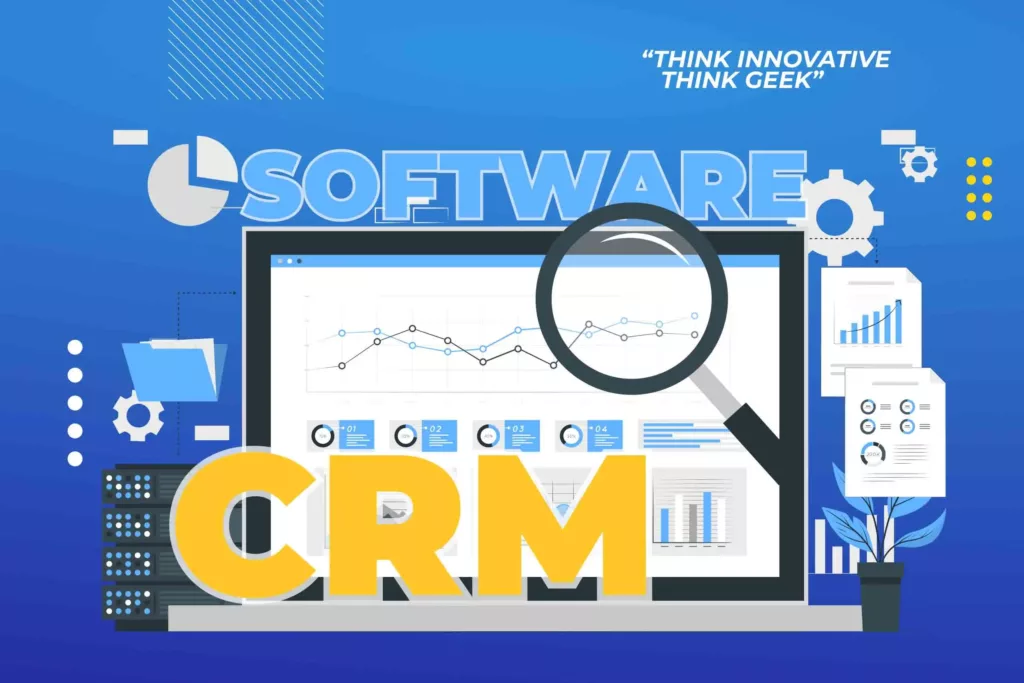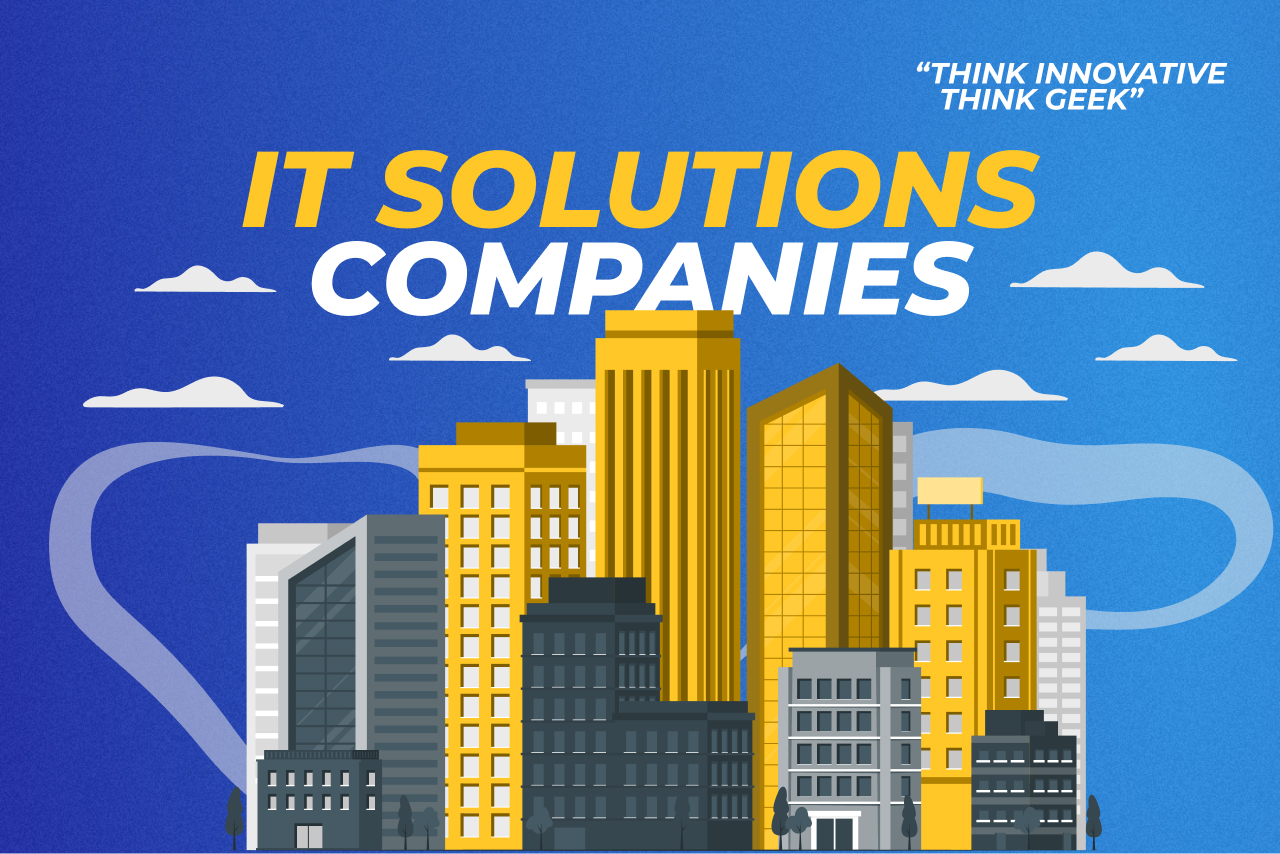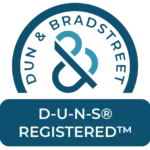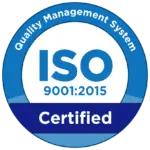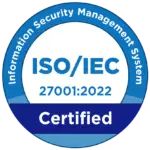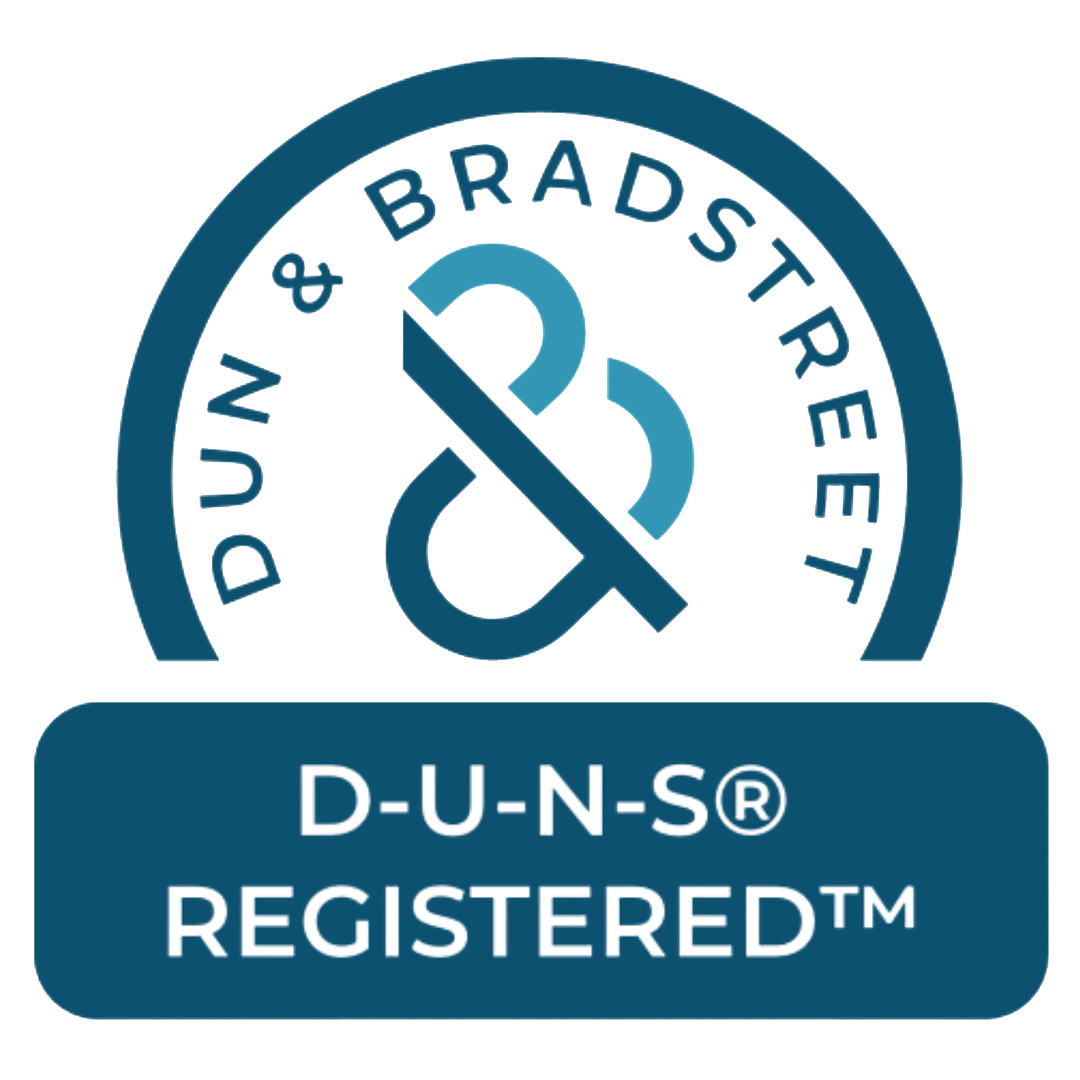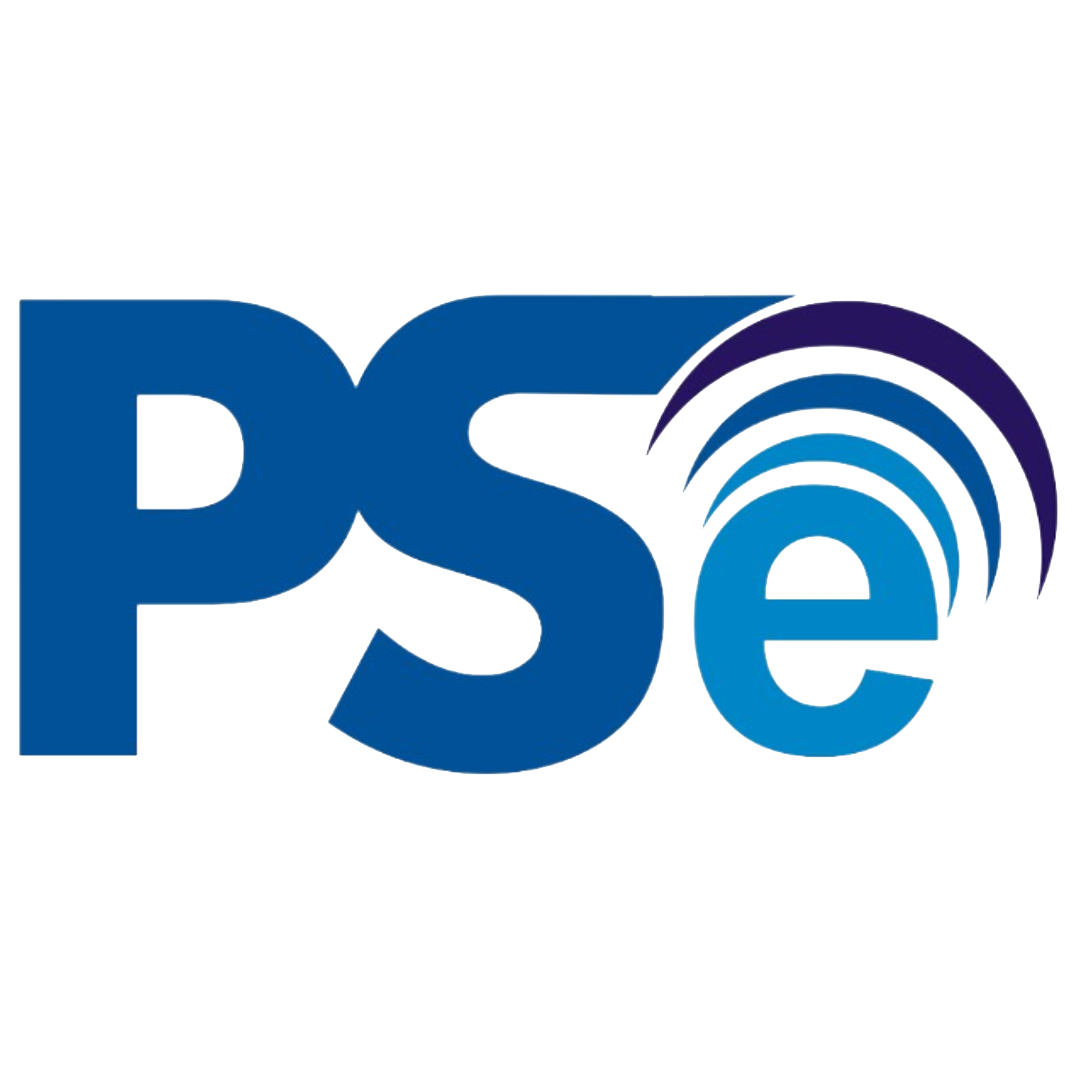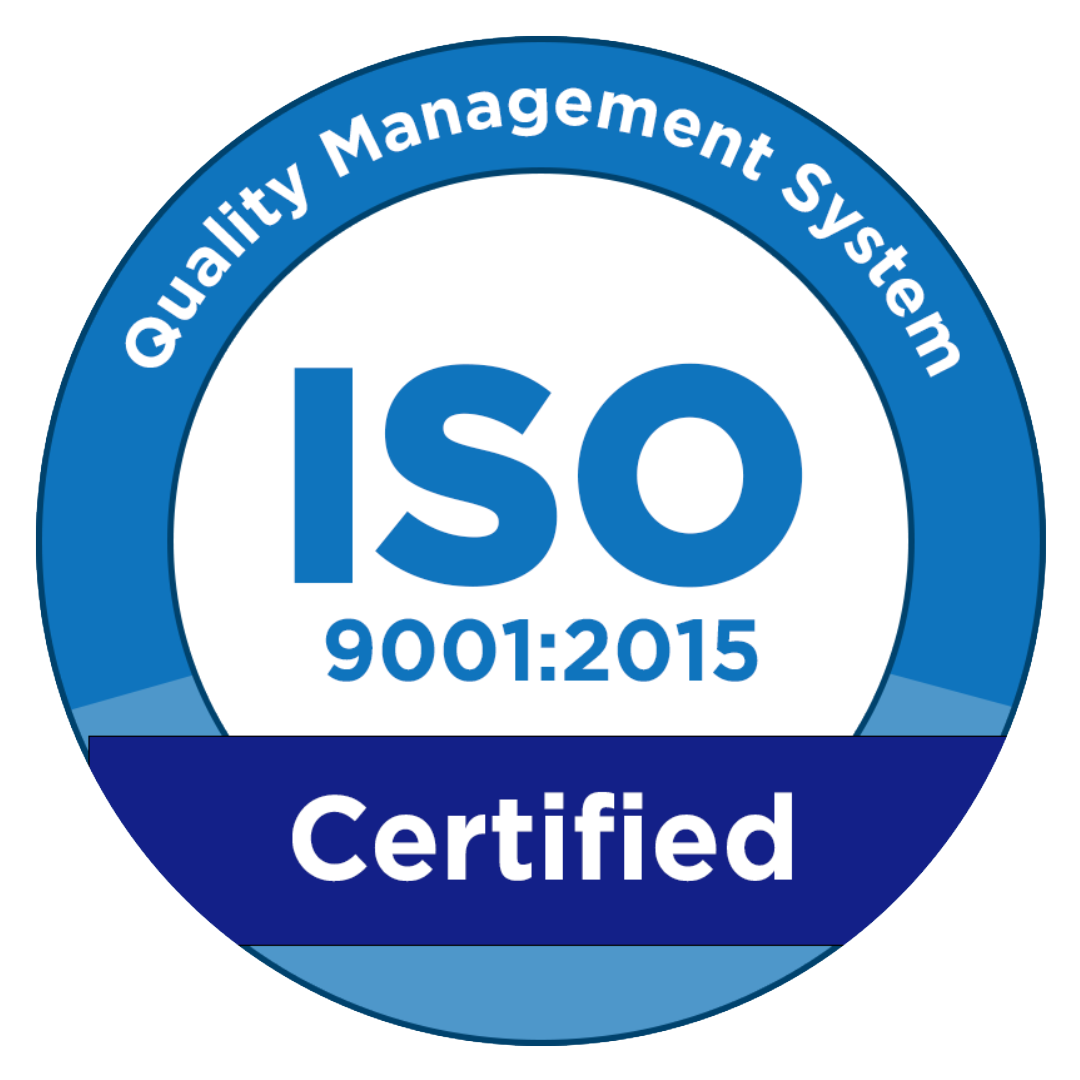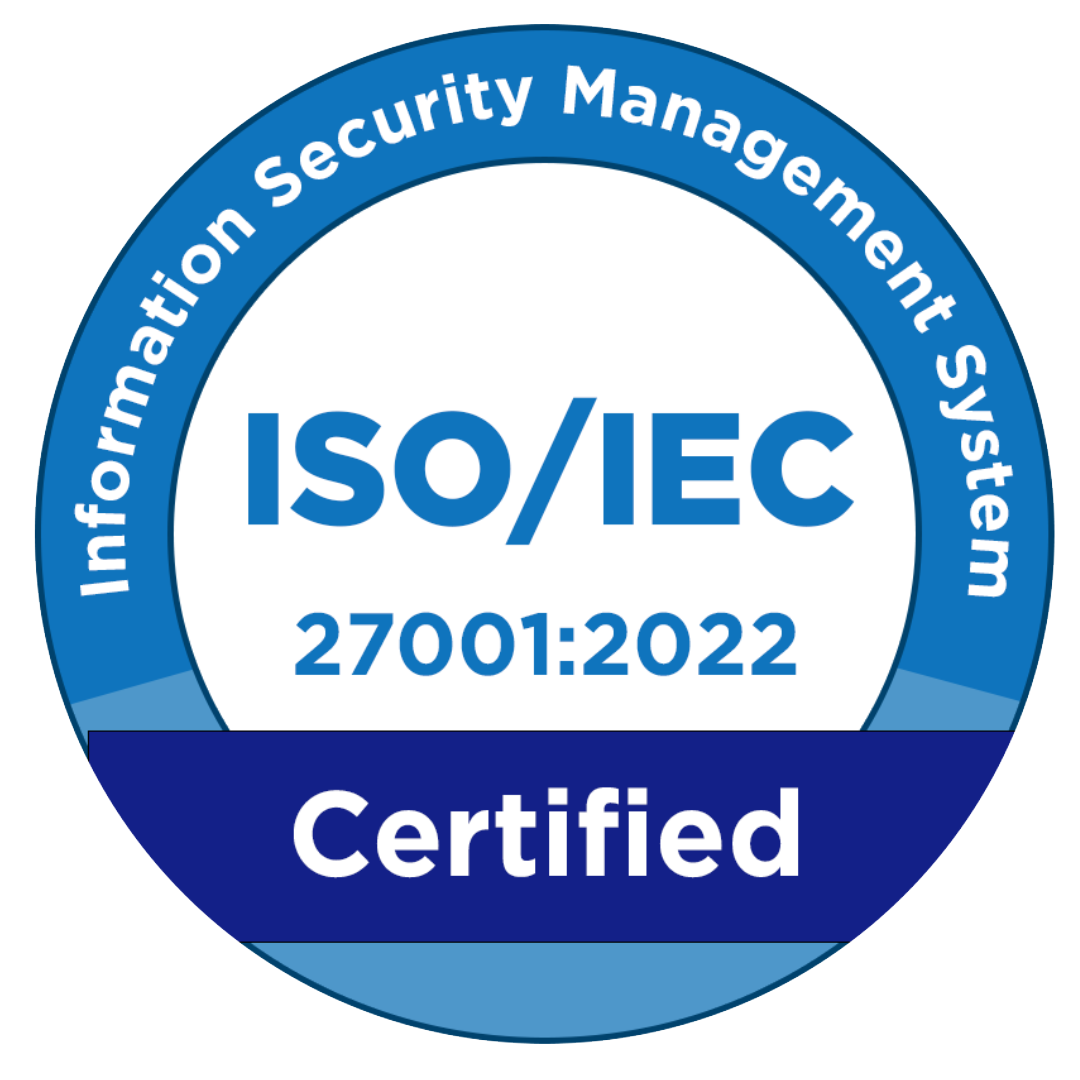In today’s digital era, customer relationship management plays a crucial role in determining a business’s success. To manage customer interactions effectively, many companies rely on CRM (Customer Relationship Management) systems. However, with each business having unique operational complexities, the demand for Custom CRM systems is growing rapidly.
Customized CRM offers a flexible, efficient, and scalable solution to enhance service quality and build long-term customer loyalty.
In this article, we’ll explore the key benefits and competitive advantages of implementing a Customized CRM system tailored to your business.
What is Custom CRM?
A Custom CRM is a customer management system specifically designed to align with a company’s unique workflows and business processes.
Unlike off-the-shelf CRM platforms that follow a one-size-fits-all approach, custom CRM systems allow businesses to build and modify features, workflows, and interfaces that suit their specific operational requirements.
The system can either be built from scratch by a development team or be a customized version of an existing platform (such as Salesforce, Zoho, or HubSpot) using APIs and tailored modules. The goal? To create a CRM ecosystem that fits your business like a glove.
Why Choose a Custom CRM?
Custom CRMs bring several advantages that can be game-changers for your organization. Here’s why businesses opt for custom CRM solutions:
1. High Flexibility
Every business operates differently. With a custom CRM, companies can define sales pipelines, customer segmentation, and follow-up processes based on their internal strategies—free from the constraints of standard CRM platforms.
2. Deep Integration
A custom CRM can seamlessly integrate with internal systems like ERP, HRIS, inventory systems, and third-party apps. This creates a unified digital ecosystem that promotes data consistency and workflow efficiency.
3. Scalability
As your business grows, so do your processes. A custom CRM can be easily expanded or modified without having to overhaul the entire system.
4. Data Security
With a custom CRM, businesses can implement their own security standards and ensure compliance with regulations like ISO 27001 or GDPR—keeping customer data secure at all times.
5. Operational Efficiency
Customized automation streamlines manual work, speeds up customer service, and reduces human error—resulting in faster processes and better team performance.
Common Features to Customize
While every custom CRM is unique, these are some frequently requested features:
- Contact & Lead Management – Store, categorize, and track customer data using relevant tags and filters.
- Task Automation & Reminders – Automate email triggers, follow-up notifications, and lead status updates.
- Real-Time Reports & Analytics – Monitor sales performance, customer retention, and campaign ROI.
- Email & Social Media Integration – Centralize customer interactions and improve communication across platforms.
- Custom Dashboards – Tailored views for managers, sales teams, and customer service reps based on their specific KPIs.
Challenges in Custom CRM Development
Although the benefits are significant, building a custom CRM system comes with its own set of challenges:
1. Development Time and Cost
Custom CRMs require more time and investment upfront compared to ready-made platforms. However, the long-term ROI and system adaptability often outweigh the initial costs.
2. Tech Team Requirements
Developing and maintaining a custom CRM requires a skilled IT team. Many businesses collaborate with experienced software development vendors to handle the technical aspects.
3. Changing Business Needs
Since business needs can evolve rapidly, custom CRMs should be built with a modular structure to allow easy updates and scaling without disrupting the entire system.
Case Study: Custom CRM for FMCG Distribution
A real-world example of custom CRM success comes from an FMCG distribution company. With highly complex distribution flows and customer data, off-the-shelf CRM solutions were unable to meet their needs.
After developing a custom CRM that integrated with their inventory and logistics systems, they reduced order processing time by 40% and significantly improved customer satisfaction and retention.
Who Should Consider a Custom CRM?
Custom CRM systems are ideal for:
- Mid-to-large companies with multiple departments and internal systems.
- Complex B2B models, such as consulting, manufacturing, or professional services.
- Start-ups seeking to differentiate through unique customer experiences.
- Educational and healthcare institutions with specialized workflows and data handling needs.
Boost Your Business Efficiency with GeekGarden
A custom CRM is more than just a contact management tool—it’s the central hub for managing and enhancing the entire customer experience.
With a tailored design that matches your workflows, a custom CRM helps your business optimize operations, increase efficiency, and strengthen long-term customer relationships.
In a highly competitive market, a custom CRM is no longer a luxury—it’s a strategic necessity for sustainable business growth.
Ready to transform your customer relationship management? Partner with GeekGarden to build a custom CRM that truly meets your business needs.

Visit our website to explore our Custom Software Development services and schedule a consultation today!
Author: Sari Dewi (Content Writer)



